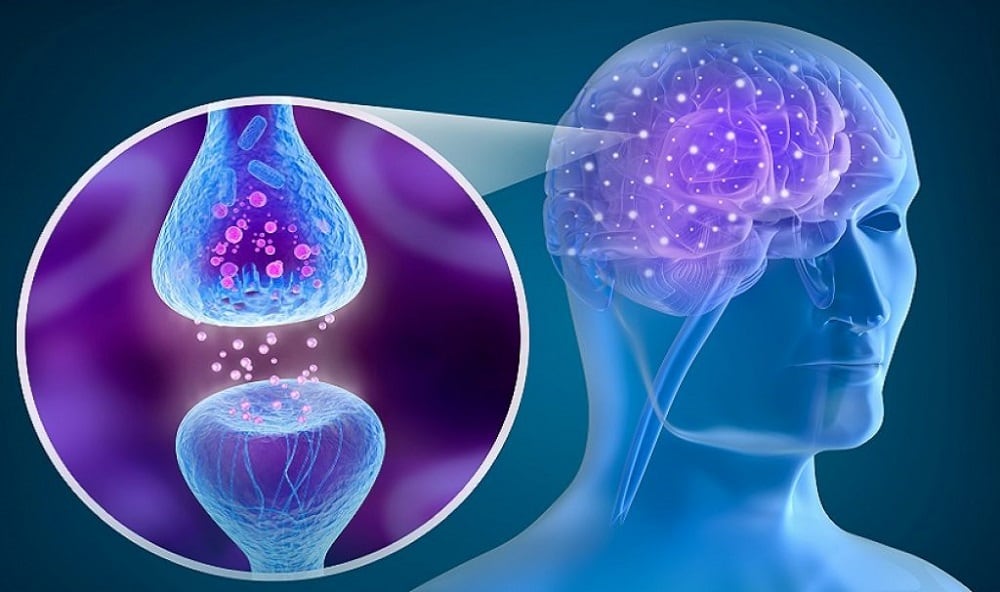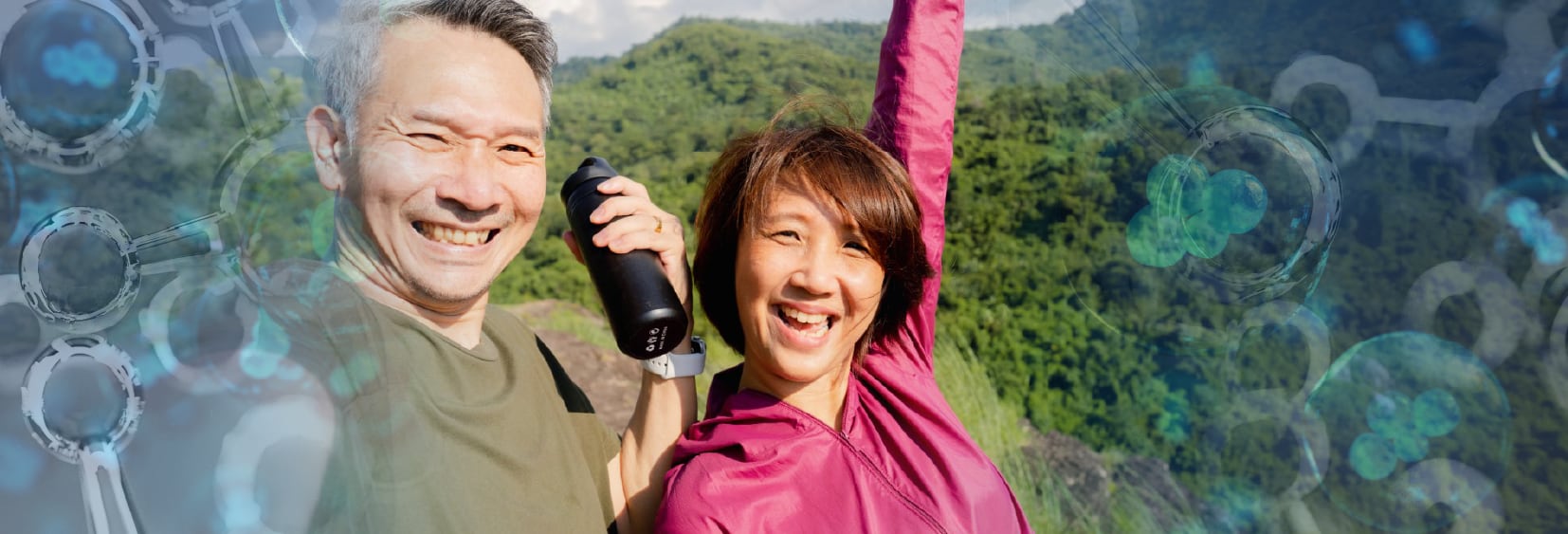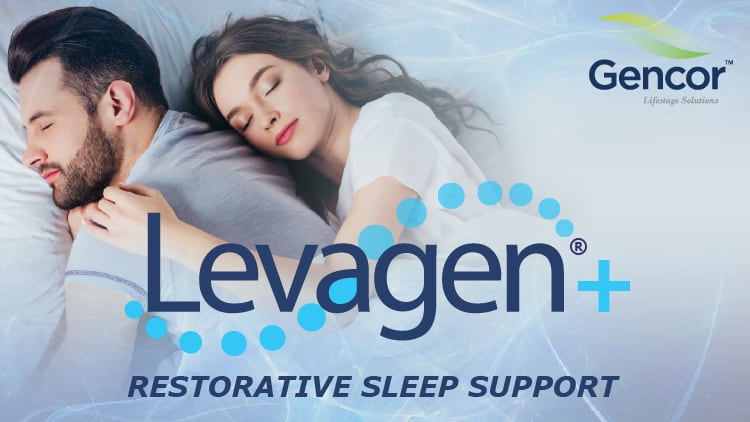In light of an unprecedented global pandemic, it seems only plausible that the focus within the natural ingredients market is on immunity. However, concerns that were evident prior to the pandemic have taken on new life. The mood and relaxation supplement category was increasing at a CAGR of 5.7% in 2014-2019, reaching 1.3 billion EUR in 2019 (Euromonitor’s Health and Nutrition Survey: Jan & Feb 2020)1. Similarly, data from Nutrition Business Journal demonstrates that the sleep category has been outpacing the supplement market with a 12.3% sales increase, beyond the supplement market as a whole2. In addition, there has been a steady increase in the demand for stress relieving products with the Euromonitor reporting that 50% of the world’s consumers indicated having some level of stress. What’s clear is that consumers have developed a keen awareness of their needs related to mood, sleep and stress. As consumers now face concerns over loss of employment, housing, lack of social connection and general health and wellness as a result of the pandemic, this awareness has been driven to an all-new level. In light of this information, it makes sense that both consumers and manufacturers have turned their attention to finding out how to modulate the impact of mood, sleep and stress.

The Endocannabinoid System
In the 1990s, scientists discovered endocannabinoids, the natural cannabis-like molecules produced on demand by the body. These endocannabinoids are neurotransmitters produced within the Endocannabinoid System (ECS). Exploration of the ECS has demonstrated it has complex actions in virtually all of the body's organs, immune system, and nervous system3. The ECS helps to balance and maintain many physiological systems such as memory, pain, mood, appetite, stress, sleep, immune function and more4. The goal of the ECS is to help the body maintain homeostasis.

The ECS consists of the endogenous cannabinoids (endocannabinoids), cannabinoid receptors, and the enzymes that synthesize and degrade endocannabinoids5. These cannabinoid receptors are found in our skin, immune cells, bones, fat tissue, kidneys, GI tract, liver, and various other locations throughout the body4. Two receptors, called CB1 and CB2, mediate many effects of cannabinoids and endocannabinoids within the central nervous system5,6. Examples of endogenous cannabinoids include anandamide, n-arachidonoyl dopamine, and virodhamine6.
Enter Palmitoylethanolamide (PEA)
Palmitoylethanolamide (PEA) is a fatty acid amide that increases levels of anamdamide, an endocannabinoid that regulates pain and sleep receptors. PEA is an endogenous compound that helps to stimulate production of endocannabinoids in the body. It is possible to offset and restore depleted levels of PEA through dietary supplementation.
PEA has often been compared to CBD because they act on similar pathways. However, CBD is more widely recognized for its modulation of the endocannabinoid system. On a global level, the cannabis industry is predicted to reach $57 billion by 20277. What’s interesting is that the research on CBD’s health benefits are lacking specifically when compared to PEA. In addition, consumers have remained confused over the difference between CBD and its constituents, such as hemp and THC and cannabis. Add to this the legal challenges faced by CBD and the landscape becomes even more difficult to navigate. CBD is increasingly being regarded negatively by the European Food Safety Authority, the Medicines and Healthcare products Regulatory Agency, as well as the U.S. Food and Drug Administration.
Another huge problem in the CBD market is the number of mislabeled products and lack of compliance with Good Manufacturing Practices (GMPs). Product label claims have misrepresented the actual CBD content within the product. In some instances, THC content exceeded 0.3%, and one product, in particular, contained 45% THC, additionally some CBD products have been found to be adulterated with a synthetic cannabinoid, which poses a serious health risk to consumers.
With more than 21 clinical studies, PEA is considered a safer, clinically validated alternative. As the industry becomes more aware of PEA, it has developed into the preferred choice for targeting areas such as joint health, sports recovery, analgesics, inflammation, relaxation and sleep. Levagen+® PEA is a branded PEA ingredient manufactured by Gencor which has self-affirmed GRAS status, is approved by Health Canada as an NHP, and is accepted as a dietary supplement in Europe, Australia, and India. Levagen+® PEA is formulated with its patented LipiSperse technology which allows the PEA particles to disperse freely in the body, which aids in increased bioavailability. Given its ability to the concerns of consumer and manufacturers over legality and regulation, Levagen+® PEA presents a favorable option to help address the ECS system.
PEA and Sleep, Mood, and Stress
The National Heart Lung & Blood Institute reports that about 50 to 70 million Americans have sleep disorders, and 1 in 3 adults do not regularly get the recommended amount of uninterrupted sleep they need to protect their health.8 According to the American Psychological Association, 42% of adults report fair to poor sleep quality, and consumers generally understand that a good night’s sleep is closely connected with their overall health, affecting immunity, stress, anxiety, mood, focus, concentration, and even digestive support.
PEA can help promote restful sleep through activation of CB1 receptors which increases a calming effect inducing sleep. It can also increase restful REM sleep - our deep phase of sleep, also known as 'Rapid Eye Movement' - by activating TRPV1 channels.9,10 PEA activates the energy-boosting, fat-burning, and anti-inflammatory PPAR alpha. By activating this key protein, PEA stops the activity of pro-inflammatory genes and the production of many inflammatory substances. PEA reduces the activity of the bliss gene FAAH that breaks down natural cannabinoid anandamide. This increases the levels of calming anandamide in the body, helping to combat pain and increase relaxation. It may also activate cannabinoid receptors (CB2 and CB1).

Furthermore, a lack of sleep has been strongly associated with increased signaling molecules (cytokines) released from inflammation. Therefore, when the balance of pro- and anti-inflammatory signals are out of balance, it may cause people to be more susceptible to sleep disturbance. The beneficial effect of PEA on sleep is also proposed to be due to its anti-inflammatory properties and ability to act through TRPV1 agonist that are known to facilitate sleep (vasorelaxation effect). Thus, PEA may be an effective solution for those with troubles sleeping, increased stress or nerves to reduce inflammation and restore the sleep/wake cycle. Gencor’s published osteoarthritis study also showed Levagen+® PEA’s ability to reduce levels of anxiety, further supporting PEA’s mechanisms11.
And finally, nearly half of men and women over the age of 65 say they have at least one sleep problem12. These are also the individuals that are most at risk during the pandemic. As people age, many suffer from insomnia or experience other sleep disorders. As we get older, our sleep patterns change and in general, older people sleep less, wake up and go back to sleep more often, and spend less time in deep sleep or dreaming, than younger people. Pain associated with various aging disorders are also a huge contributor to disturbed sleep. With sleeping pills being among the most commonly prescribed drugs to counteract this in seniors13, the existing medications carry risks of confusion, forgetfulness and addiction. Additionally, so many seniors are already on a huge regiment of prescription drugs for other ailments, so many aging adults would much rather seek natural and botanical alternatives to counteract sleep and stress issues.
Sleep is closely connected to overall health, particularly for aging adults . Adequate sleep is as important to good health as diet and exercise. The pandemic has caused an array of contributors to disturb sleep, including altered mood, increased stress and additional worry. Consumers have sought after natural and botanical alternatives, such as Melatonin, L-Theanine, Valerian, Chamomile, Saffron and Lemon Balm, to help support their sleep concerns. However, PEA has become widely recognized for its ability to positively impact sleep quality, and simultaneously, a multitude of studies have shown its ability to support immune health. PEA offers the consumer a single solution for a multitude of problems in this current pandemic market. Given the uncertainly of how long the pandemic will be of impact to our world, consumers are expected to continue with their demand for safe and scientifically supported alternatives which sustain their quality of life and offer a multitude of benefits in a single dose.
-------
References:
1 Euromonitor’s Health and Nutrition Survey: Jan & Feb 2020
2 Condition Specific Report. 2019. Nutrition Business Journal
3 Getting High on the Endocannabinoid System, Bradley Alger - https://www.ncbi.nlm.nih.gov/pmc/articles/PMC3997295/
4 Learn About Cannabis. (n.d.). Retrieved from https://www.uclahealth.org/cannabis/learn-about-cannabis.
5 Mackie, K. (2008, May). Cannabinoid receptors: where they are and what they do. Retrieved from https://www.ncbi.nlm.nih.gov/pubmed/18426493.
6 CBD and the Endocannabinoid System: Learn More. (n.d.). Retrieved from https://cbdoilreview.org/cbd-cannabidiol/cbd-endocannabinoid-system/.
7 Badaracco, Suzy. “CBD Market and Latest Research.” Natural Products INSIDER, 9 Apr. 2019, www.naturalproductsinsider.com/herbs-botanicals/cbd-market-and-latest-research.
8 https://www.nhlbi.nih.gov/health-topics/education-and-awareness/sleep-health
9 https://www.sciencedirect.com/science/article/abs/pii/S0278584608001103
10 https://pubmed.ncbi.nlm.nih.gov/22691536/
11 Steels, E., Venkatesh, R., Steels, E. et al. A double-blind randomized placebo-controlled study assessing safety, tolerability and efficacy of palmitoylethanolamide for symptoms of knee osteoarthritis. Inflammopharmacol 27, 475–485 (2019).
12 https://www.webmd.com/healthy-aging/guide/sleep-aging
13 https://www.sciencedaily.com/releases/2019/03/190321141958.htm








